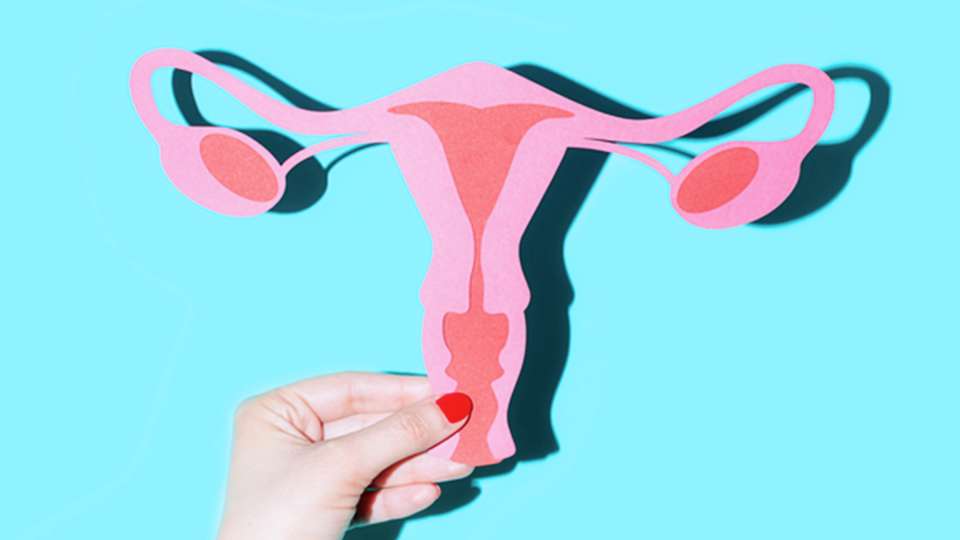
You may have heard about the gut microbiome ─ the colony of bacteria living in your intestines that can influence everything from your food choices to your mental health.
But did you know there’s also such a thing as a vaginal microbiome?
Like the gut microbiome, the vaginal microbiome is still shrouded in mystery. Researchers are only just beginning to understand what it is and the impact it has on health.
What is the vaginal microbiome, exactly?
Your vaginal microbiome is made up of countless bacteria that have taken up residence in your body. This may sound strange, but it’s perfectly normal.
“They’re normal organisms that coexist symbiotically with you. We coexist with nonpathogenic as well as pathogenic bacteria all the time. I’m covered in them,” says Dr. Michelle Sabo, an infectious disease specialist who studies the vaginal microbiome.
By “nonpathogenic” and “pathogenic” she means we all live with so-called “good” and “bad” bacteria in our bodies. Most of the time, the “bad” bacteria aren’t actually harmful until something — like extra stress or an illness — tips them over the edge.
Vaginas have a mixture of bacteria in their microbiomes. Research has shown that a microbiome dominated by a type of bacteria called lactobacillus is optimal.
How does it impact health?
The short answer is: No one knows exactly how the vaginal microbiome affects health.
Aside from the whole lactobacillus-dominant thing, researchers don’t know what makes a healthy vaginal microbiome — though they do know what makes an unhealthy one.
Bacterial vaginosis, a bacterial overgrowth in the vagina, can happen when the vaginal microbiome gets out of balance. It can cause symptoms like itching, discomfort and a fishy odor, but is usually treated easily with antibiotics.
Doctors don’t know what exactly causes bacterial vaginosis, however, though risk factors include douching, having sex without a condom, having multiple partners or recently changing partners. Most people who get bacterial vaginosis don’t have symptoms, making it hard to detect.
Having an out-of-balance vaginal microbiome is also associated with sexually transmitted infections and preterm birth and miscarriage for women who are pregnant, Sabo says.
Research on these associations is still somewhat inconclusive, however. Plus, there are counterintuitive statistics, like the fact that women who haven’t had sex can still get bacterial vaginosis, and disparities, like the fact that more black women than white women get it.
Sabo sees all these unknowns as opportunities to learn more — and recognize where knowledge isn’t as robust as it should be.
“Women’s health and research has been long neglected. We need to do a better job researching women and minorities and educating young women in general about their anatomy and body,” she says.
How to keep your vaginal microbiome healthy
Speaking of educating people about their vaginas, Sabo wants to make it clear that keeping your vagina healthy doesn’t take a lot of work.
Vaginas are pretty amazing: they’re self-cleaning, resilient and able to squeeze out a baby.
Given that, there’s no need to do anything in particular to keep your vagina healthy, Sabo says. Currently there’s no evidence that taking probiotics will help your vaginal microbiome, for example.
There’s one thing you definitely shouldn’t do, however: Don’t douche. Douching is cleaning inside the vagina with water or other fluids, like vinegar. It’s completely unnecessary and can be harmful to your vaginal microbiome, Sabo says.
Your vagina isn’t dirty. All vaginas have a mild odor, and that’s normal.
It’s pretty simple: If you have symptoms, like itching or unusual discharge or even irregular bleeding, visit the doctor.

 Healthy ideas for your inbox
Healthy ideas for your inbox





